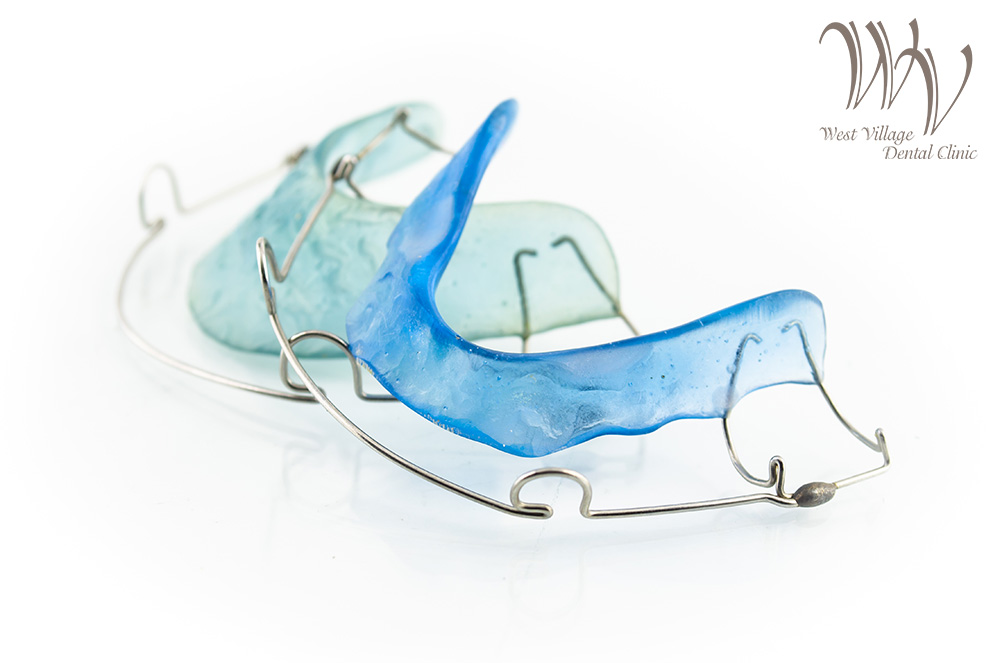
Ignoring Your Dental Retainer? Learn Why They Matter!
Achieving a perfectly aligned smile often requires months or even years of orthodontic treatment with metal braces or clear aligners like Invisalign. However, the journey to maintaining straight teeth doesn’t end once the braces come off.
Dental retainers play a vital role in preserving orthodontic treatment results and ensuring that teeth remain in their new positions. Here’s why dental retainers are essential for long-term oral health and a beautiful smile.
Dental Retainers Prevent Teeth from Shifting
Teeth usually shift back to their original positions after orthodontic treatment. This process, known as relapse, can undo months of progress if not managed properly. Dental retainers help to keep teeth in their new corrected positions by preventing unwanted movement, ensuring that your investment in orthodontics doesn’t go to waste.
Stabilizing Your Bite
After braces or clear aligners, the bones and ligaments around the teeth need time to adjust to their new alignment. Dental retainers help stabilize the bite by holding teeth in place while the surrounding oral structures adapt. This is especially important in the months following orthodontic treatment when the risk of relapse is highest.
Reduces Risk of Orthodontic Treatment Reversal
Without a retainer, teeth can gradually shift out of alignment, potentially leading to the need for re-treatment. Wearing a dental retainer, as recommended by your orthodontist, minimizes this risk and helps maintain the straight smile you worked hard to achieve.
Preventing Gaps and Crowding
Shifting teeth can cause new gaps or teeth crowding to develop, which may lead to difficulties in cleaning between teeth. Properly aligned teeth make it easier to brush and floss teeth, reducing the risk of dental decay, gum disease, and plaque buildup.
Supporting Overall Jaw Health
A well-aligned bite reduces strain on the jaw and surrounding muscles, helping to prevent issues such as temporomandibular joint (TMJ) disorders. Retainers ensure that the bite remains balanced, reducing the risk of jaw pain and discomfort.
Types of Dental Retainers
There are various types of dental retainers, and your dental professional will recommend the best option based on your needs:
- Hawley Retainers: Made of metal wire and acrylic, these removable retainers are durable and adjustable.
- Clear Plastic Retainers (Essix Retainers): Nearly invisible and removable, these retainers are a popular choice for their discreet appearance.
- Fixed (Permanent) Retainers: Bonded to the back of the teeth, these retainers provide continuous support and are ideal for preventing relapse in severe cases.
How to Care for Your Retainer
To ensure your retainer remains effective and hygienic, follow these care tips:
- Clean removable dental retainers daily with mild soap and lukewarm water. Avoid hot water since it can warp plastic retainers.
- Store retainers in their protective case when not in use.
- Avoid eating or drinking (except water) while wearing a removable retainer.
- Regularly visit your dentist professional for check-ups to ensure the retainer is fitting correctly.
Dental retainers are a vital part of maintaining a straight, healthy smile after orthodontic treatment. By wearing your retainer as instructed, you can protect your orthodontic investment and enjoy a confident, well-aligned smile for years to come. If you have questions contact us to learn more or to schedule a consultation.




